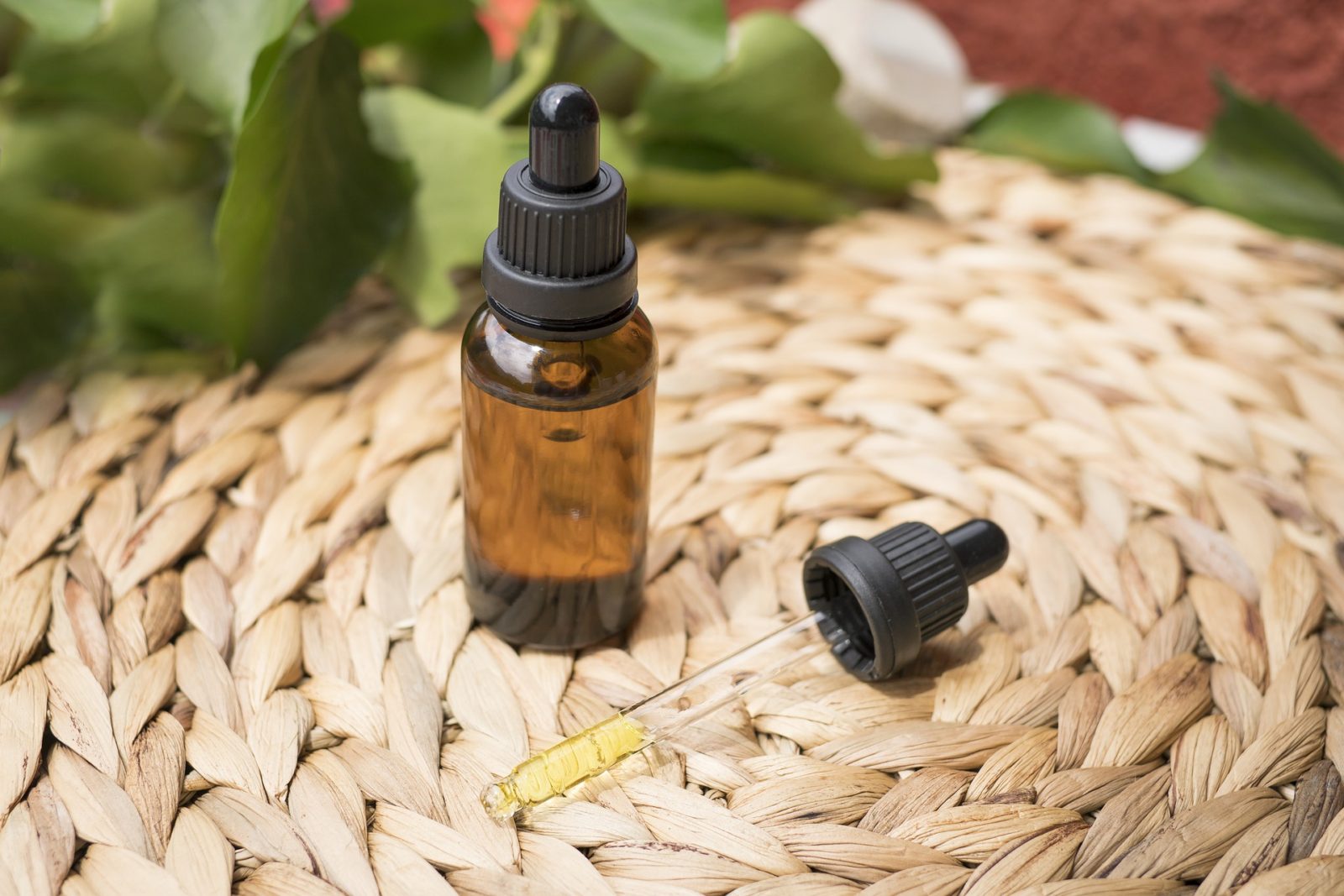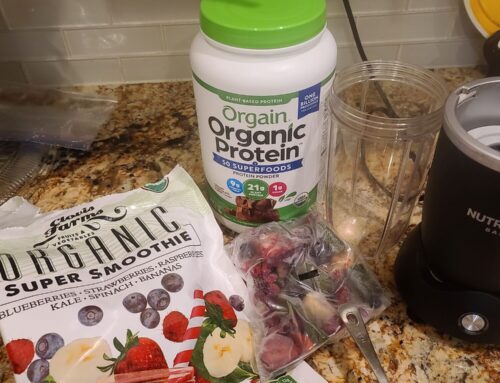When I first started hearing about CBD, I wanted nothing to do with it. I instantly thought of marijuana, getting high, and having an altered state of mind. However, the more the medical community published the results of CBD for various symptoms as an alternative to pharmaceutical drugs, the more I felt the need to learn more.
Interestingly, in the 1990’s researchers discovered a system of the body called the endocannabinoid system. It is a complex cell-signaling system. Researchers are still trying to more fully understand the endocannabinoid system, but so far understand it plays a role in regulating things like sleep, mood, and appetite.
Although the 2018 Farm Bill removed hemp-derived CBD products from the list of Controlled Substances, laws, and regulations governing the possession vary from state to state.
Everyone metabolizes CBD differently. There is no “one size fits all”. How a person responds can vary depending on weight, body chemistry, and the concentration of CBD of each product.
Some questions you can ask when considering purchasing CBD products:
- What is the percentage of THC in the product?
- Specifically where the product is produced?
- What are the manufacturing procedures in place for its consistency, potency, and quality controls?
- Is there a certificate of analysis guaranteeing testing and indications of things like pesticides and heavy metals.
- Does the company include information about the product shelf life and how it should be stored?
- Is the manufacturing facility Kosher, Halal, and/ or NSF certified?
- Are the products free from the following:
- GMO
- Gluten
- Lactose
- Soy
- Chemicals
- Sugars
- Colors
To learn more about the products I recommend click here.







Leave A Comment